Support from the German Journalists Association (DJV) enabled the newsroom to continue its important work despite constant shelling and logistical difficulties. This was emphasized by Anatolii Zhupyna, the editor-in-chief of the Kherson newspaper Novyi Den, during a meeting organized by the National Union of Ukrainian Journalists (NUJU) for the heads of Ukrainian front-line publications with the DJV leadership.
“The help of German colleagues was very important. For us today, the main thing is to be among the people and see and record the crimes of the russian military. After all, the presence of a journalist in the front-line territories demonstrates that the country and the region continue to struggle, which in turn strengthens people’s faith that recovery will occur and victory will be achieved. At the same time, it is essential to observe the reconstruction processes in settlements, particularly under the national program “Side by Side: United Communities.” That is why we used your help to visit settlements in the Kherson Region more often.”
When people receive a newspaper, it becomes a salvation for them, an opportunity to read reliable information. People seem to be “reborn” because the bulk of news in Kherson comes from across the Dnieper River, from the russians, and often you can even believe them. And when our newspaper arrives, people reading it see that, in reality, everything is completely different.
We cannot publish a newspaper in Kherson because both the newsroom and the printing house are practically destroyed. Often, there is no electricity and no communication, so we are forced to work remotely. These are additional expenses not only for business trips but also for delivering the newspaper to 17 territorial communities.
Today, there is no public transport in the Kherson Region. If only we could get there by bus or train… A single train arrives in Kherson, to which two cars are attached. And even then, it came under fire more than once. That is why we utilize our transportation, recruit a group of journalists, and assign each to a different location to collect the most material in a short time, thereby maximizing the impact on the newspaper. We travel to remote settlements along the farthest front-line roads because the main roads are broken. For example, to get to Velyka Oleksandrivka, you have to drive twice as long.
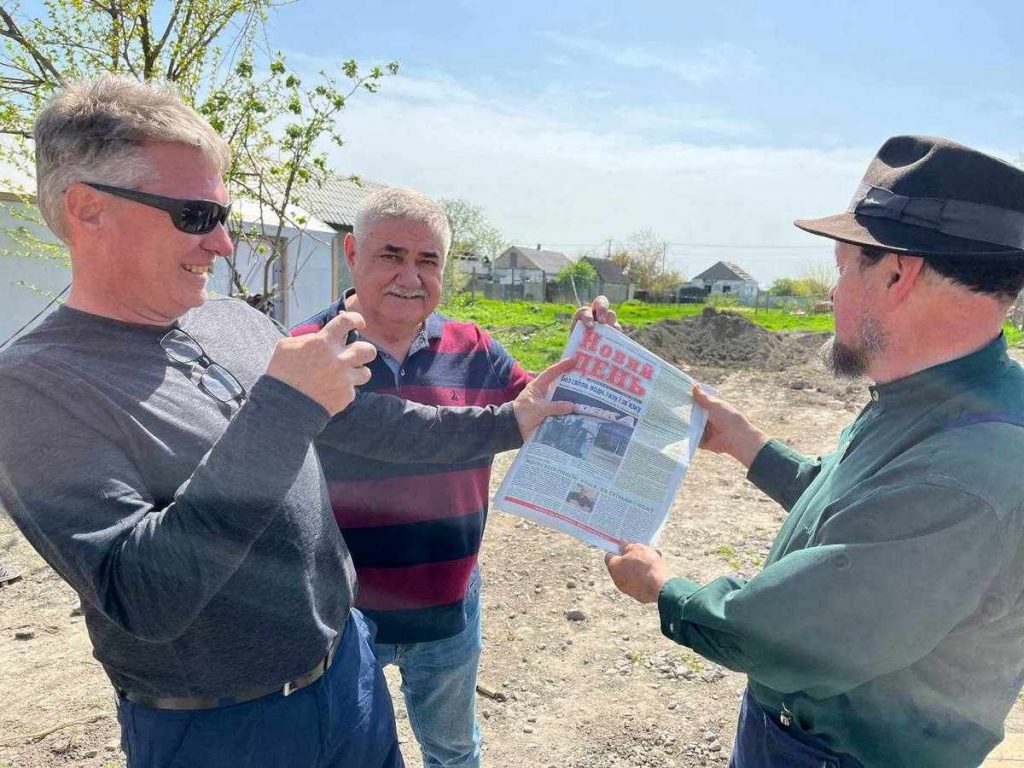
And what is needed to work after the victory? We want this to happen… Charging stations and generators will be needed so that, at the beginning, we can ensure the full operation of the newsroom. We will have to rebuild the newsroom, and this will cost approximately UAH 1.5-2 million.
The situation in Kherson is very difficult now because the russians have literally organized safari drone attacks, not only on public transport but also on any transport, on people, cyclists… People are being injured and killed every day. Over the past month, 24 people have been killed and about 200 injured. And this is only about the civilian population.
The online meeting with the DJV leadership was another confirmation of solidarity between Ukrainian and German journalists. In times of war, the support of colleagues from abroad takes on special importance – it helps not only to continue work but also to maintain faith in the future, in victory, and the restoration of communities. The words of gratitude spoken by Ukrainian editors are not only about help but also about trust, mutual responsibility, and a common desire for the truth.
Prepared by Olha Shuhnilo
Larysa Portianko

 THE NATIONAL UNION OF
JOURNALISTS OF UKRAINE
THE NATIONAL UNION OF
JOURNALISTS OF UKRAINE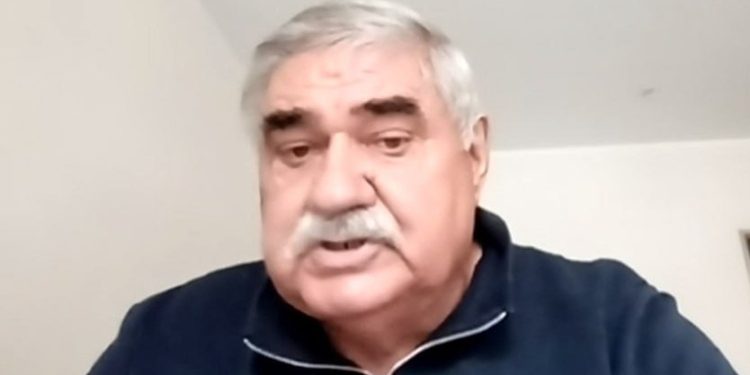
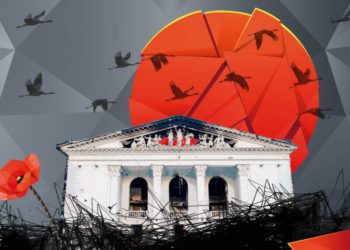
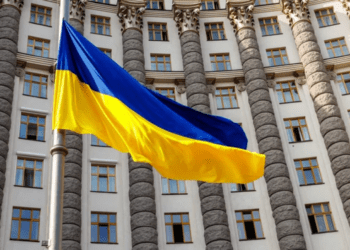
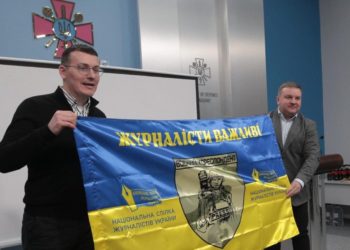













Discussion about this post